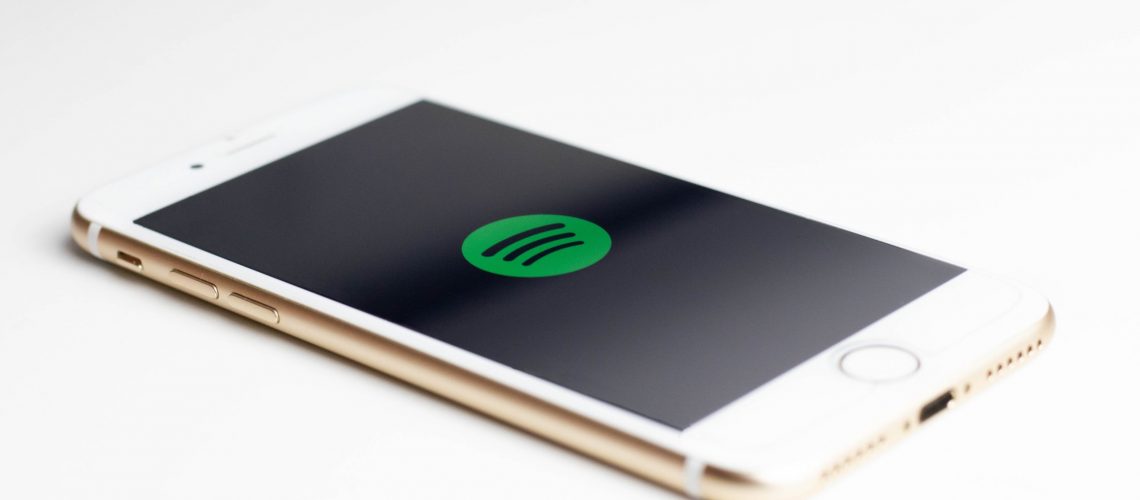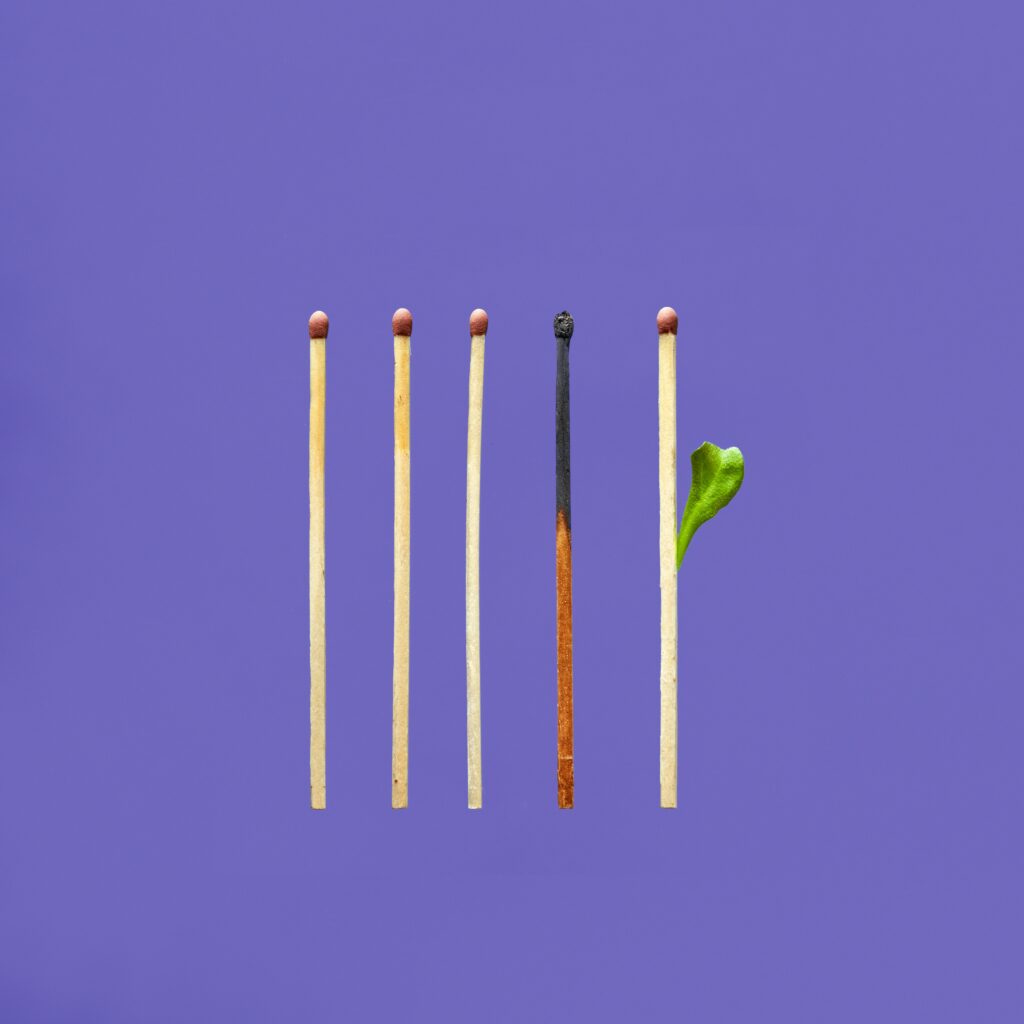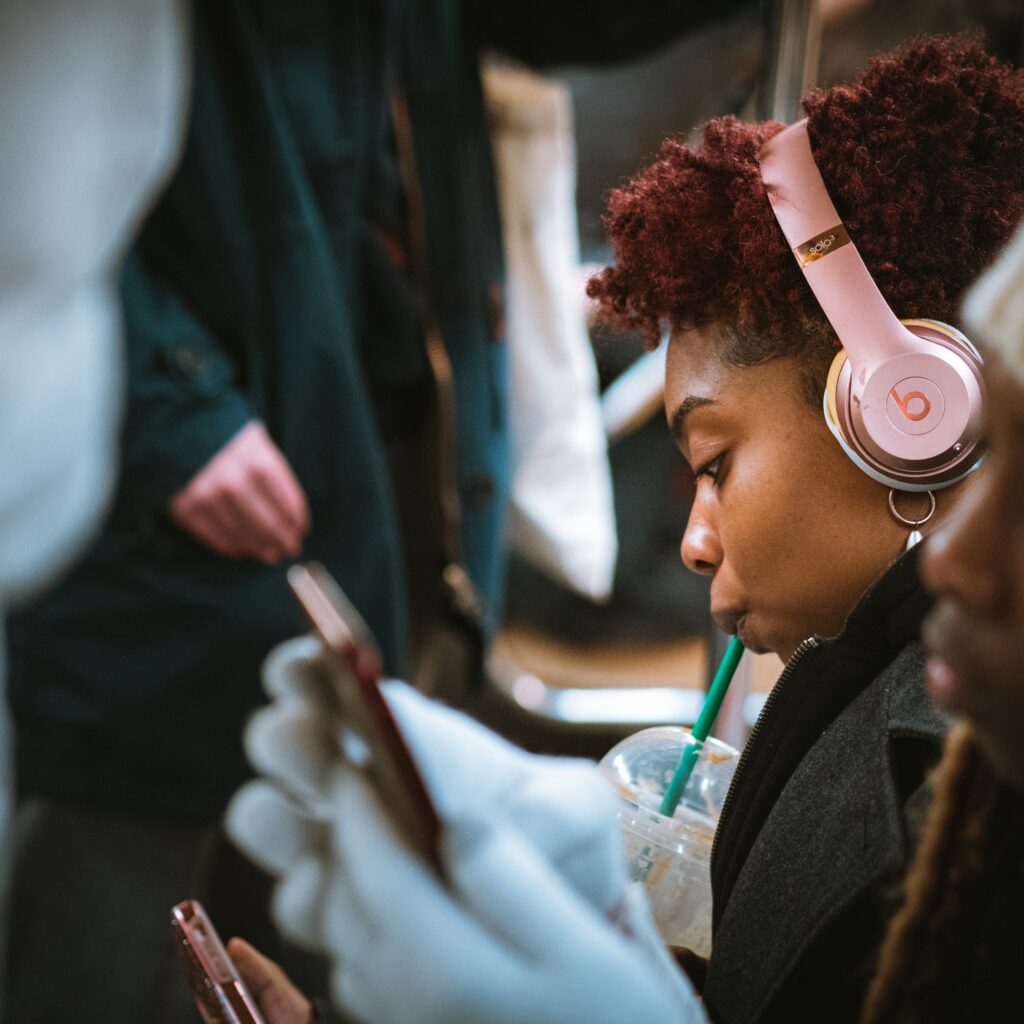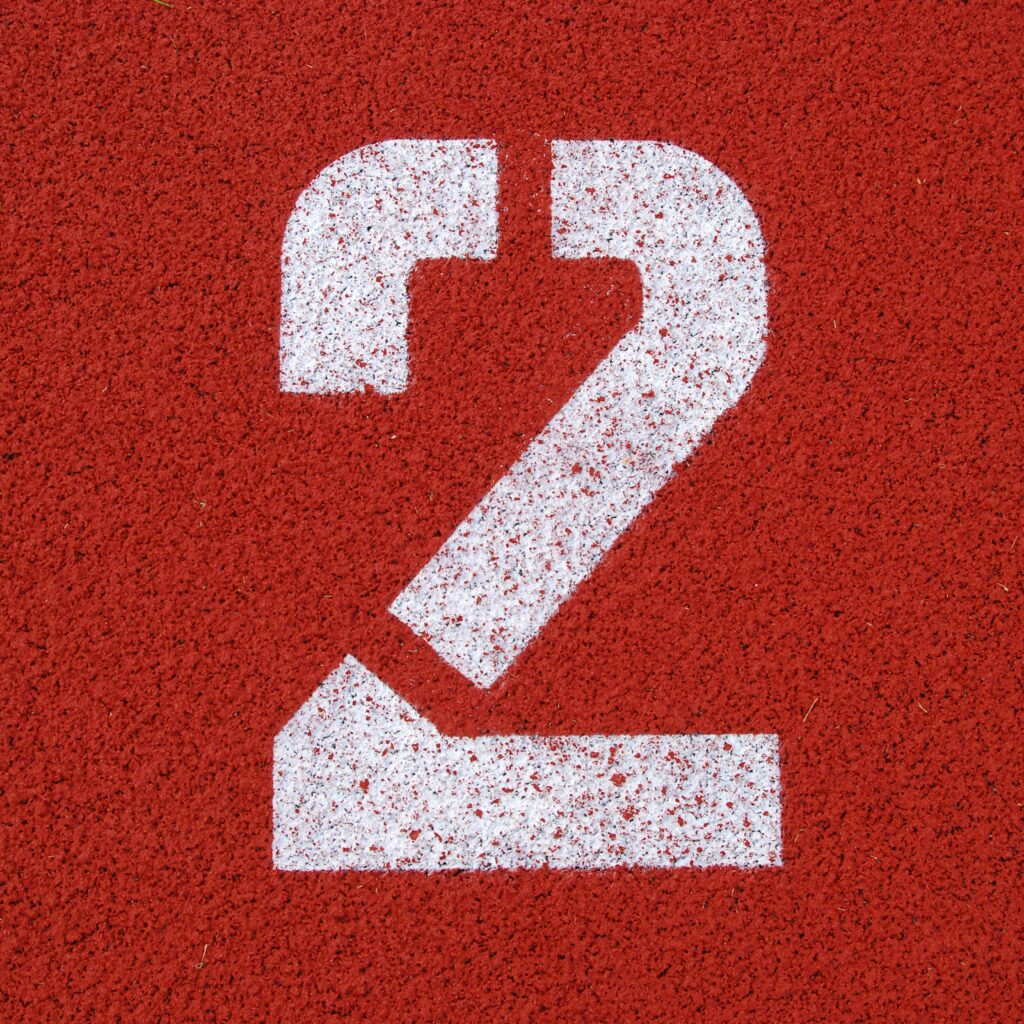Started Off Optimistic with Spotify
I’m not gonna lie. When Spotify began to allow podcasts on their platform, I was excited! In my mind, more platforms for people to discover Carry On Friends is a win. I was even more excited when a listener told me in June 2018 that they preferred to listen to the podcast in Spotify because they could listen to podcasts and music in the same app. That was a great insight from a listener because Apple has 2 separate apps one for music and one for podcasts. For sure this was a great thing for my podcast. Right?
Then starting in 2019, my excitement about the possibilities of Spotify began to waned as I saw articles and did research on their business practices. As I dove into observation mode the more I questioned what Spotify was doing. In January of 2020 I finally decided to pull Carry On Friends off Spotify. From what I saw, Spotify was taking some unprofessional, unfair approaches to podcasting all in the name of trying to beat Apple, control the market and control ads. In addition to revenue share questions, there’s some concern about listener tracking and ad targeting among other things.
Acquisitions
Ok let me start from the beginning. Back in March 2019 I wrote this article cautioning podcasters not to put it all in one platform. Essentially at the time, I thought that the more platforms available to discover podcasts benefits the podcaster and not to get caught up in the hype of a brand new shiny platform and neglect the other platforms.
I also acknowledged in the article that Spotify’s buying spree of Anchor, Gimlet and Parcast was part of their quest to cut into Apple’s market share of podcast distribution and consumption. Not surprisingly Spotify’s acquisitions were leading to think pieces about Spotify strategy and what it means for podcasting. As well as lofty and overly ambitious predictions of Spotify surpassing Apple and a bunch of other predictions mostly unrealized.
So around late summer of 2019 I started to discover articles that made me look differently at Spotify’s activity. One of many articles mentioned that Spotify is more popular in Europe, South America and Central America. I thought that was peculiar considering that Spotify is not widely available in Central America and if you’re not a paid Spotify member you can’t access Spotify. It was then I realized that they were counting all the podcasts in their recent purchase of Anchor. Central America and by extension the Caribbean are largely mobile economies – where almost everyone has a mobile device than a computer. In addition, Central America and the Caribbean podcasters are using Anchor to create podcasts because it is free.
Anchor’s role
Generally as a non-podcaster, if you delete your Spotify account – you get a warning that you cannot reuse the username. That’s fine if it’s a personal account. However after reading this article on Podnews on podcasts terms of service about Anchor’s new terms of service from October 23, 2019 I was a bit alarmed:
§6: Spotify may also reclaim your username for any reason, including … giving your username to another user of the Services, and Spotify will have no liability to you if it does so.
Podnews
I’d think that an Anchor podcaster’s username which is usually the name of their podcast is the podcaster’s brand. To that end one would probably think twice about deleting my account. Which is why the ‘carryonfriends’ user is still on Spotify because while I’m not an Anchor user – I don’t want the risk someone else using ‘carryonfriends’ username after years of work.
Check out the latest from @Podnews “Some unusual clauses from podcast host terms and conditions” https://t.co/WBEpw71Lb0
— caribbeanpodcast (@caribbeanpod) October 29, 2019
Another observation is that Anchor, unlike other podcast hosts does not follow the Apple taxonomy including the podcast categories and episode tags. Through the Caribbean Podcast Directory – I require that podcasts mirror the category they’re in on Apple. Last year, when I asked some podcasters using Anchor to confirm their categories, often times they tell me a category that is not a standard Apple category. Anchor also doesn’t follow the Apple episode tags which is why shows that produce in seasons on Anchor cannot indicate seasons and therefore this isn’t reflected in Apple. The Apple podcast taxonomy while not perfect, provides a consistent cataloging of podcast across the industry. Maybe I’m reaching but not following this long standing taxonomy is a subtle way of saying they’re doing their own thing.
Smoke & Mirrors
Really Simple Syndication (RSS) feeds – is a web feed that allows users to receive updates to online content. For podcasting, RSS feeds are used to syndicate and distribute your audio content from your host to podcast apps, directories, and websites. RSS feeds is an open source option compared to streaming which is powered by proprietary technology.
Ok you’re probably wondering why this random tech term is inserted here. It’s because Spotify is on a mission to move podcasting from RSS to its proprietary streaming technology. They try to accomplish this by getting people/listeners on their platform via exclusive content so they can use these numbers to sell ads. IT’S ALL ABOUT THE ADS. Spotify last year launched their data driven marketing tool SAI (Streaming Ad Insertion Service) – it was bragged to ad execs that they can use podcasts to gauge people’s moods and interest to target ads.
SAI will make podcast ads targetable—they’ll be relevant to the people who get them; measurable—we’ll more easily prove that they’re effective; and interactive—more to come here—for the first time. This will make the podcast ad experience more personalized for podcast fans, introduce performance metrics for advertisers, and allow creators to better monetize their content and make money off their hard work….Now, with the shift to streaming, we can serve ads in real time based on who you are and what you’re interested in, and we can understand whether or not the ad was actually listened to.
Spotify
For now SAI is mostly available to their exclusive shows. They don’t have a model yet of how you the podcaster on their platform benefits from the ads. Or what percentage of the ad revenue the show owner gets. Or maybe they do but it will unfold in due time. Will they use a YouTube model – something most people are familiar with? It’s not clear yet.
Based on my observations I don’t think there are plans to pay content creators. And if that’s the case are podcasters able to opt-in or out of Ads being run on their show? What happens if podcasters acquire their own sponsors? Is that allowed? Will they need to run ads on a show or just use the data from my listener to target specific ads to some and different ads to others. But what bothers me is as the content creator for the show, this removes my power to determine what ads my listeners hear during my podcast.
Data privacy is important to me and while Facebook and Youtube are already out the gate I want to minimize mining my data or my audience’s data. So if they’re going to use Carry On Friends to target my audience for ads then nah. So if that’s in the fine print in order for Carry On Friends to be on Spotify, I decided it’s time to come off.
Exclusive Deals
Let’s leapfrog to Joe Budden. When the news that Joe Budden was going to be exclusive to Spotify back in August 2018 it lead to more think pieces on Spotify’s strategy. The deal was for an undisclosed amount. Joe Budden has a Youtube companion to his podcast and so his podcast would be exclusively on Spotify, releasing 2 episodes per week and then the YouTube version of the show would release 2 days after each episode is released on Spotify.
At the time, it was one of the biggest deals but as Spotify started offering bigger deals I started to even look whether Joe’s deal was the best – especially considering the latest Spotify blockbuster deal in May 2020 with the other Joe, Joe Rogan as well as other deals including one with Michelle Obama.
As news of more Spotify exclusive podcasts with celebrities and public figures the question I kept coming back to was how does this impact the larger group of independent podcasters? The industry is built on independent podcasters because celebrities and public figures only make up 1-5% of the creators.
The idea of exclusive podcasts – i.e. podcasts available only a single platform – is a form of inflation and drives the perceived value and bar for success high. In the end exclusive podcasts while successful for celebrities and big brands, will eventually lose its appeal. I’m thinking of the early days of Tidal when Beyoncé’s album was exclusively on Tidal but eventually after a time, to be discoverable it had to be released on other platforms. The exclusivity is good mostly for super fans.Another recent example – the release of Beyonce’s Black is King – undoubtedly drove up signups for Disney+ but unless there’s something else to keep these new account sign ups happy the drop off will be steep.
Exclusive podcasts especially on platforms not already part the consumers regular consumption habits run counter to a customer centric thought process where picking the platform is the consumers choice. You’re only going to sway maybe about 10-20% because customers determine the listening platform they like best and you’re only gonna drive but so many people to switch their habits.
What does exclusive podcasts have to do with ads? EVERYTHING!!! By controlling the content they also become the biggest Ad sellers. Remember this deal with Omnicom Media Group, one of world largest global ad agencies?
As part of the deal, OMG clients (which include AT&T, State Farm and McDonald’s) will have first access to Spotify’s rapidly expanding library of original podcasts through its proprietary Streaming Ad Insertion (SAI) service. The platform has more podcasts in the works featuring creators such as Jordan Peele, Paul Bae and Reba McEntire.
Adweek
Joe Budden’s 2 Year Review
Ok, let’s get back to Joe Budden. August 26, 2020 this thread came across my Twitter feed – about Joe Budden’s episode released that day where he went in on Spotify. Joe had dedicated almost 2 hours explaining why as of Sept 23rd new episodes of The Joe Budden Podcast will not be exclusively on Spotify. He does what he calls a “2 year review” of his and his team’s tenure at Spotify.
this episode, especially 64:00 to 178:00, is a must-listen for anyone interested in the politics and decision-making behind Spotify's podcast deals
— Cherie Hu (@cheriehu42) August 26, 2020
(most important news is that The Joe Budden Podcast will no longer be a Spotify exclusive after Sep. 23) https://t.co/TaKty9Oqg9
On principle, I waited the 2 days after the episode release on Spotify to watch on Youtube. It’s important to note that Joe brought up this point during his review saying that after September 23rd his episodes will go up immediately on Youtube. Not sure why this matters? Spotify wanted to ensure that all of Joe Budden’s audience were centralized in their platform for a whole 2 days before losing them to Youtube. The longer the audience stays on the platform the more data they have and the more money Spotify makes. How? Spotify looks how much time people are spending in app – and in the case of The Joe Budden Podcast that’s 3 hours minimum. This adds value to Spotify because they Spotify can then turn and sell this information to advertisers because remember what I said previously, ads is the main focus.
The Joe Budden interview is revealing on many levels. The most insightful revelation is that it appears that currently Spotify doesn’t have the cash – or is extremely low on the cash to sustain their operations just on their share of music licensing or membership revenues. They’ll probably have to downsize. Given the global economy with Covid-19, people have less disposable/discretionary income to spend. Nonetheless they are still betting on exclusive podcasts from Michelle Obama, Kim Kardashian and Joe Rogan – who have extremely large audiences – to possibly stay afloat.
Spotify thought that Amy Schumer’s podcast was going to go through the roof but it underperformed. Whereas Joe said The Joe Budden Podcast was “900% above their projections” from the first day when their listeners crashed the site. The failure of Amy’s podcast caused them to underestimate and undervalue Joe Budden but consequently it is a result of his “sleeper” success, they decided to get into the content ownership game.
Why? The Joe Budden Podcast is more like a licensing deal, because Joe Budden owns his podcast and Spotify only has permission under the soon to be expired contract to house his podcast exclusively. Spotify realizing how well Joe is doing figure that if they get into content ownership of podcast, they’ll keep 100% of the revenue. This is where the acquisition of Gimlet, Parcast and Ringer comes in. It’s also important to note that they will still bet big on other celebrities but this time – they will create Spotify original shows, giving them some, maybe majority ownership. Not surprisingly after outperforming by big numbers, Spotify has tried to renegotiate their deal with Joe Budden as early as 8 months into the original deal Spotify, under the guise of offering deals to the other members of the team BUT all that they’d create would be owned by Spotify.
All of this brought to mind, a recent article where the creators of The Nod, a show under Gimlet now Spotify – want Spotify to give them the intellectual property (IP) of their show. However, based on this revelation from Joe Budden’s “2 year review”, I see that is highly unlikely or they’re paying a very high price because Spotify needs the cash from the ads that their show brings in.
While Spotify continues to work on their exclusive deals and content, the shows from Gimlet or Ringer have not outperformed Joe Budden although Joe Rogan might be what might push Joe Budden out the top spot.
Earlier at PodFest Expo, Libsyn did a presentation that shows that Apple Podcast is still number one with Spotify a distant second. However there are always articles that boast otherwise. I have noticed that it’s the same platform that always makes these glowing predictions.
It’s clear they have a favorite go to platform that keeps raving that they’re beating Apple but my own podcast data tells me that over 70% of my audience listen via Apple and for 2 years Spotify did not get no where close to that. Joe Budden seems to suggest that the response of the stock market from this positive press gives them the influx of cash that they need.
As Joe Budden puts it
“Spotify is a music streaming platform that is not making money as a music streaming platform…” [they only get 30% of the revenue] so they’re moving “…all their energy to podcasting where they make 100% of the revenue.”
Joe Budden
By having their podcasts create exclusive audio and video clips for Spotify they’re building their version of a Youtube or a Netflix and through their data driven marketing tool SAI (Streaming Ad Insertion) – they’ve identified a way to control ads and generate a lot of revenue. And if they own the content, there’s no revenue share with the creators.
What’s Next?
Four years ago I had the privilege to see and listen to the late Combat Jack at the Brooklyn Historical Society where he spoke about podcasting, the creators, the industry and the future. The notes I took from that session in 2016 is so on point because my observations with Spotify and now Joe Budden’s 2 year review of them puts so many more things into perspective. His review has so many good insights that its worth listening or watching the 2 hours.
As an independent podcast creator and podcast producer my time and my intellectual property (IP) are my most valuable assets that create my product – the Carry On Friends Podcast or my services through Breadfruit Media.
Joe Budden kept stressing that executives keep focusing just on the numbers but numbers don’t really tell the full picture. Small is a shunned word in podcasting, because even the best of us can feel inadequate when we hear and see other podcasters celebrate their massive download numbers or milestones. Coincidentally whenever I felt that way, the universe responded and I would get emails, texts or tweets that said, they’re re-listening to an episode from 2015 because it was so good and they need it 3 years later. Or from someone who says they’re catching up and are loving the last couple episodes. I am also affirmed by the feedback I get from my clients when I’ve helped them to shape, produce and release their creative outputs.
“A lot of time we may seem insignificant but we have a grand effect on the totality” because there are more independent podcasters creating content to sustain an industry that many people are “pillaging”.
Yes, generating revenue is important – however I’ve always encourage people to not only look at the direct ways but the indirect ways to generate revenue. It will also take out the box thinking because I’ve long since pushed back on the revenue models thrusted on me as a podcaster. I’ve tried a couple in my early days but they didn’t work for me – especially the CPM model. After 5 years and having data to boot I’ve determine revenue models that works best for me.
One of the biggest affirmation from Joe Budden’s review is – your IP is valuable in the short and long term. Do not trade your ownership/IP for short term gain – even if it’s for “the kind of money you’ve never seen in your life”. If they have that money to pay for it – it’s because they expect to make more than what they’ve paid. My decision to remove my podcast from Spotify was (probably still is) going in the opposite direction of what others are doing but I knew then and even more now that it is the right move for me.
Listeners either get it or they don’t and no amount of big celebrities can convince the listener otherwise.
Kerry-Ann
Where do we go from here?
Recognize your power – no matter how small you are, you’re a building block that makes up an ecosystem. Joe Budden kept emphasizing that executives don’t know how podcasting works because they’re only focused on the numbers. They fail to see that for podcasters – especially niche podcasters like myself – the medium allows hosts the freedom to create their own unfiltered space and the limitations of the mainstream media. Listeners either get it or they don’t and no amount of big celebrities can convince the listener otherwise.
Remain Authentic. A podcast is valuable when people feel like you are talking directly to them because you are them, a member of their community. By telling stories, creating content and relating your message to your audience’s world and everyday life you remain authentic and build community.
So what should you do with this very long article? At minimum be aware of what’s happening in the industry. Also know that there are other ways to monetize your podcast other than ads. Most importantly you own your original content and that ownership and freedom is valuable.


